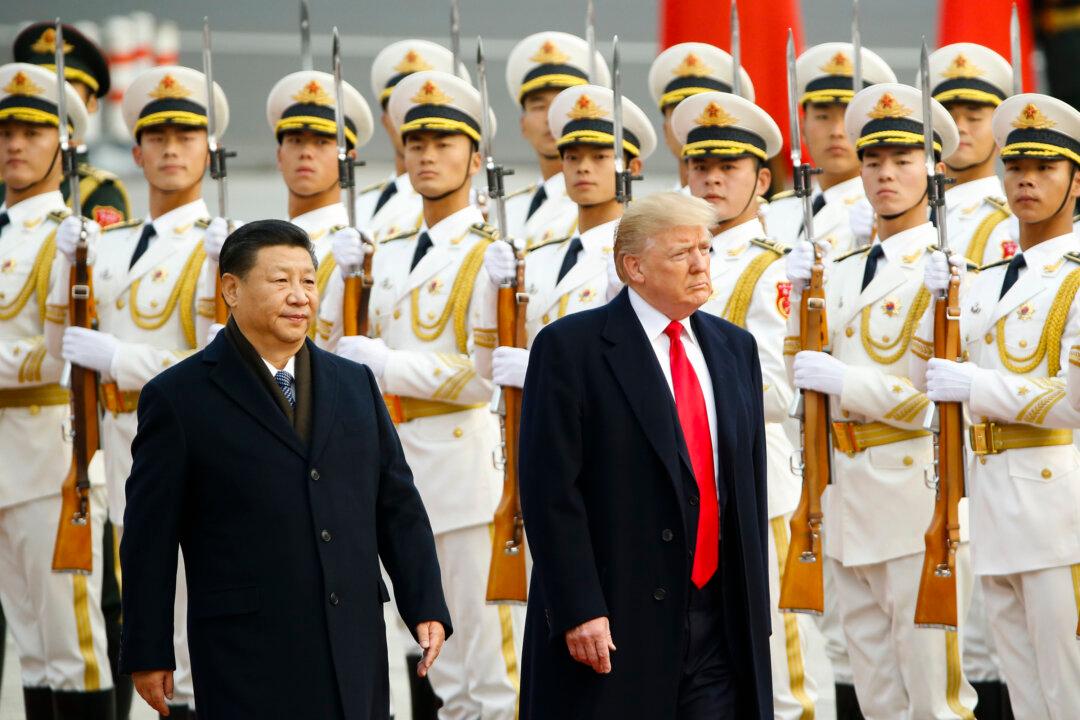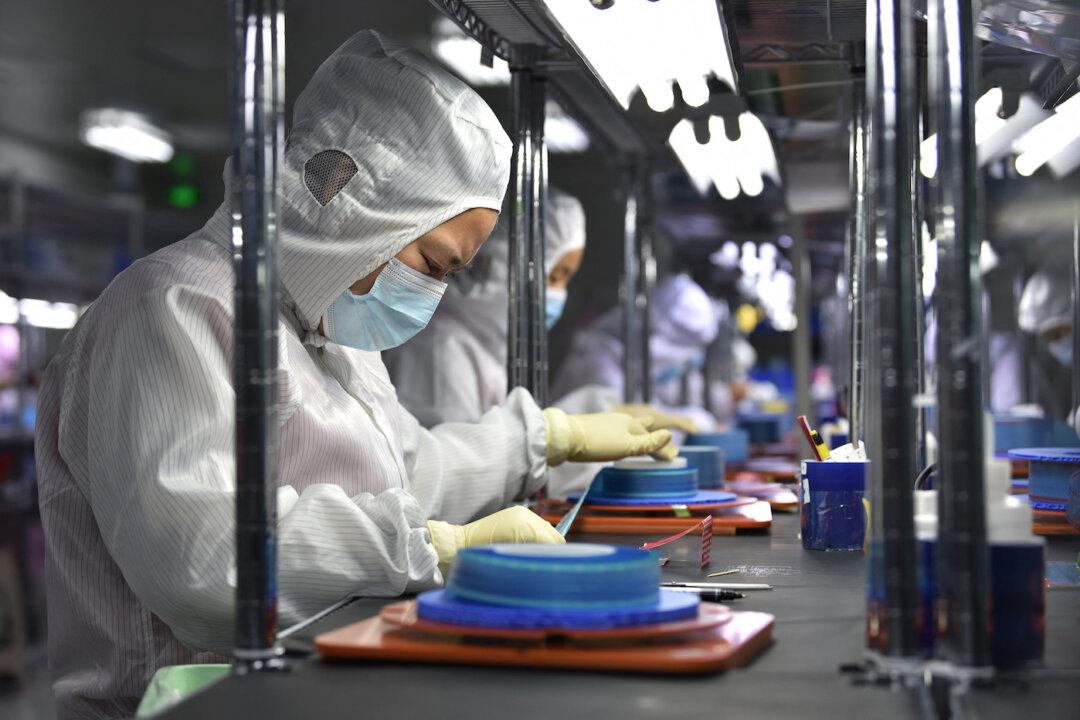Recently, three major events occurred amid the trade war truce between China and the United States that point to key issues in trade negotiations and intellectual property rights.
China’s Huawei CFO Meng Wanzhou was arrested in Vancouver on Dec. 1 at the request of U.S. authorities, and could be extradited back to the United States. Beijing’s response was to detain two Canadians—Michael Kovrig and Michael Spavor—on accusations of endangering Chinese national security. Zhang Shoucheng—a physicist and professor at Stanford University in the U.S.—committed suicide on the same day that Meng was arrested.





